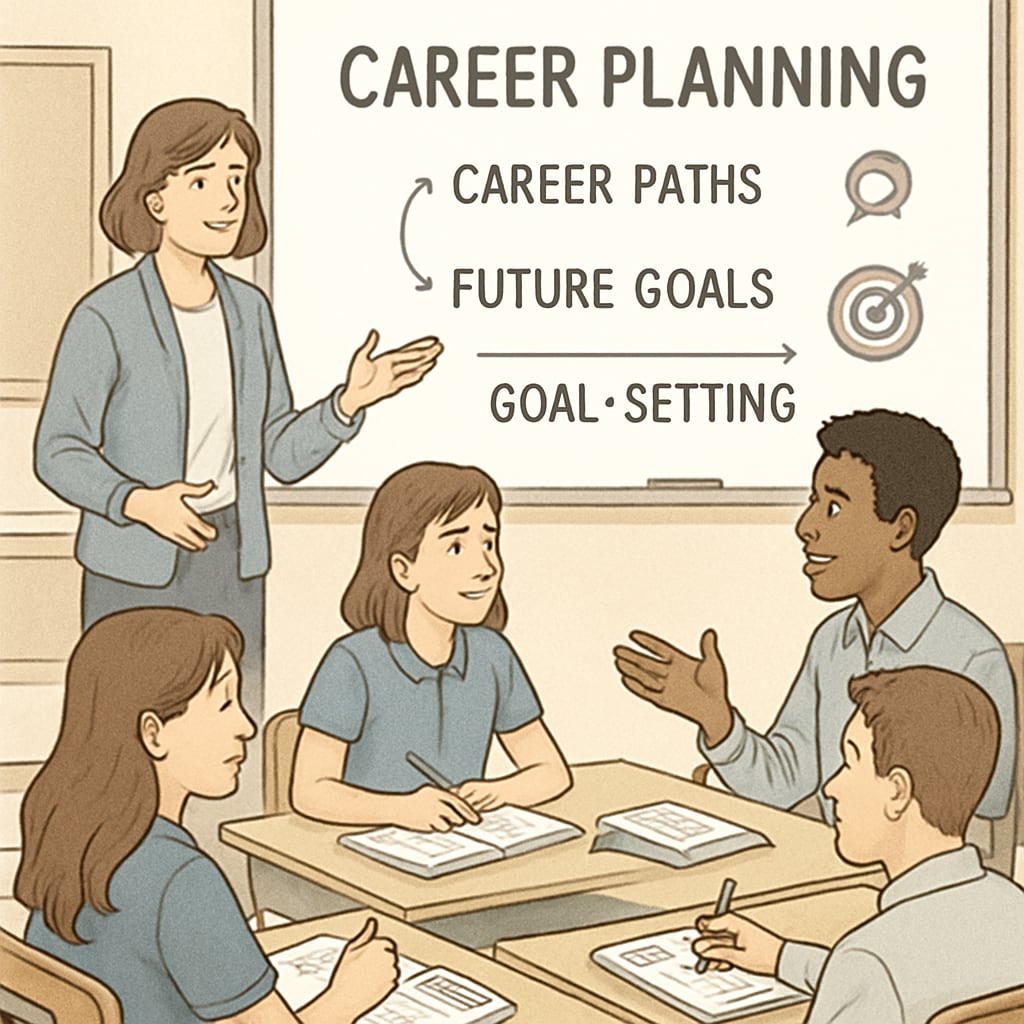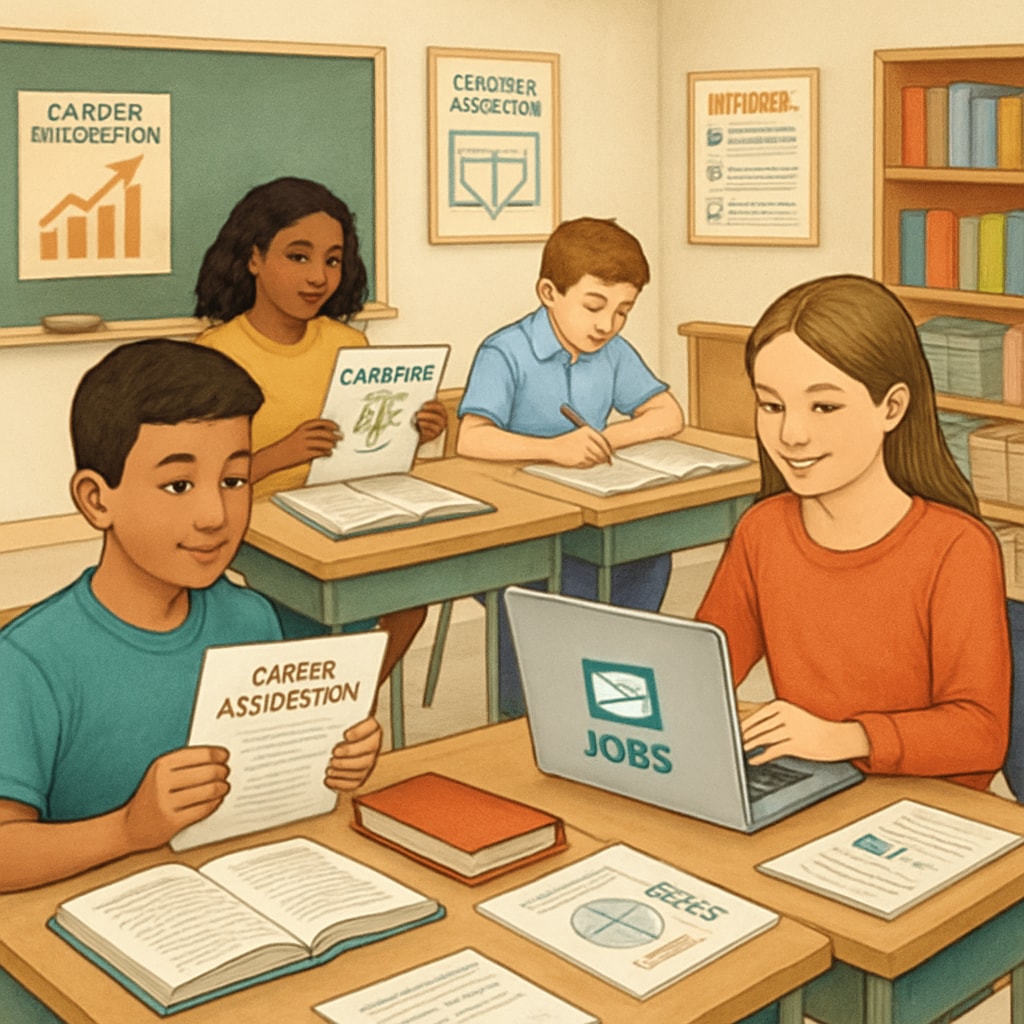Lost learning motivation, struggles with major selection, and academic failure often challenge university students, leaving them overwhelmed and self-critical. These issues frequently trace back to gaps in K12 education, where students may lack the tools to cultivate lasting enthusiasm for learning and make informed career decisions. In this article, we explore practical strategies to develop strong learning habits, career awareness, and self-reflection during the foundational education years, helping prevent future challenges in higher education.
Identifying the Roots of Learning Motivation Loss
Many college students face difficulty maintaining learning motivation as they transition from structured K12 environments into the more independent landscape of higher education. This loss can stem from unclear academic goals or a lack of interest in their chosen majors. For example, students often select majors based on external pressures or fleeting interests, leading to dissatisfaction and disengagement. Addressing this issue requires examining how K12 education can help students build a solid foundation for academic and career success.

Strategies to Foster Learning Motivation in K12 Education
To prevent motivation loss in higher education, K12 schools can implement strategies that nurture curiosity and encourage students to take ownership of their learning. Here are several practical steps:
- Encourage exploration: Provide students with opportunities to study diverse subjects and participate in extracurricular activities. This helps them discover their passions early on.
- Integrate career awareness: Introduce career planning activities, such as job shadowing or guest lectures from professionals, to help students understand real-world applications of academic subjects.
- Focus on self-reflection: Encourage students to regularly assess their strengths, interests, and values through journaling or guided discussions.
By incorporating these practices, educators can create an environment where students feel motivated to learn and confident in their ability to make informed choices about their futures.
Building Effective Career Planning Frameworks
In addition to fostering motivation, K12 education should guide students in laying the groundwork for thoughtful career planning. Early exposure to career exploration can help students avoid major selection pitfalls down the road. For example, implementing mentorship programs where students connect with professionals in their fields of interest can provide invaluable insights into various industries. Furthermore, schools can provide access to tools like career assessment tests and resources, such as career education on Britannica, to aid students in understanding their options.

Promoting Self-Discovery and Resilience
While career planning is essential, students must also develop self-awareness and resilience to effectively navigate academic challenges. Educators can use techniques such as project-based learning or group discussions to encourage students to think critically and adapt to setbacks. For example, teaching students that failure is an opportunity for growth can shift their mindset, making them more likely to persevere in difficult situations. Resilience will help them not only in their academic journey but also in their professional lives.
As a result, students who cultivate strong self-awareness and resilience are better equipped to make confident decisions about their majors and career paths, reducing the likelihood of academic failure later in life.
Readability guidance: Use clear, concise paragraphs and actionable lists to summarize key strategies. Balance active and passive voice, and incorporate transition words like “however” and “therefore” to ensure smooth flow.


